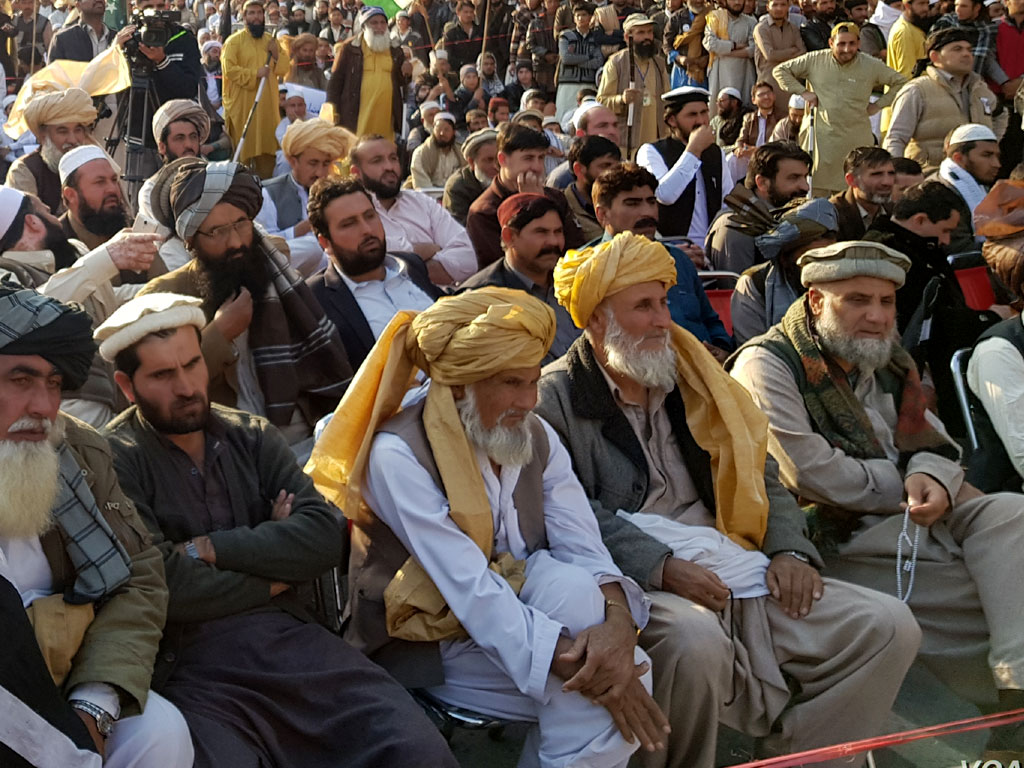Tribal people have been mainstreamed?

The long, time-consuming and at times unsure process to merge the erstwhile Federally Administrated Tribal Areas (FATA) with Khyber Pakhtunkhwa province stands completed. Thousands of tribal men and women went to the polls on Sunday and voted to elect 16 members as their representatives in the KP Assembly. And in that they also not only established their credentials as a democratic people but also sent out the message loud and clear that they don't want to be left behind in the march of time. As against tension-ridden general elections in the country last year they were absolutely peaceful. And, most importantly, the tribal people cast aside the whole range of cliché-ridden stereotypes about their antiquated socio-cultural mindset. In almost so many words they have conveyed to fellow Pakistanis that what happened now should have happened soon after the passage of 25th Constitutional Amendment last year. If men waited to vote in long queues in the scorching heat, the women voters were no less enthusiastic to be part of the process. Almost 20 percent of women voters turned out; at some of the polling stations they were almost equal to men voters. Accepted, the overall turnout was a little less than the turnout for the National Assembly seats. But it is election that mattered more to the tribesmen in the seven merged districts. It is here in this House they want to be heard and become part of power-sharing and lawmaking.
Of the 16 general seats at stake, the ruling party in the province, PTI, bagged only five as against six by Independents, three by JUI (F) and one each by ANP and JI. Neither the PPP, which claims to have triggered the move for merger, nor the PML (N) was elected to any seat. Four seats for women and one for non-Muslims will be decided only after the Independents will have decided if anyone of them want to join any party or retain his present status. On completion of this alignment the KP Assembly will have 145 seats - with PTI's 90 to increase to 95. Prior to the election in tribal districts the MMA had 17, ANP 12, PML (N) 6 and PPP 5 seats in the house of 124. Ten including nine Independents and one PML (Q) were non-aligned. Given that the PTI has an absolute majority in the house, the latest additions to the parties in the house are not expected to change the balance of power in the house in any significant manner. But even then the outcome of election in the tribal districts is likely to throw up an entirely new socio-political scenario. First and foremost, the election results indicate that as against their claim the religious political parties are no more the people's first choice. The JUI(F), which had opposed FATA-KP merger as it believed the tribal belt to be its secure unchallengeable constituency, has bagged only three seats while Jamaat-i-Islami got only one seat. Then, the PTI too seemed to have lost some of its win-win sheen - it contested all 16 seats but won only five. The ANP has retained its position - in the house of 124 it had 12 seats and won one out of 16 now. As for the PPP and PML (N) the tribal voter has no heart for them. He has his own preferences. It also looks like that writ of almost all major political parties is being increasingly confined to their respective provinces.
Be that as it may, by this election the tribal people of erstwhile FATA have also rejected the much-touted timeline for their mainstreaming. Since they are no more in the battle zone of fight against terrorists each and every right or facility that is available to others should be provided to them even if it militates against statistical considerations.





















Comments
Comments are closed.